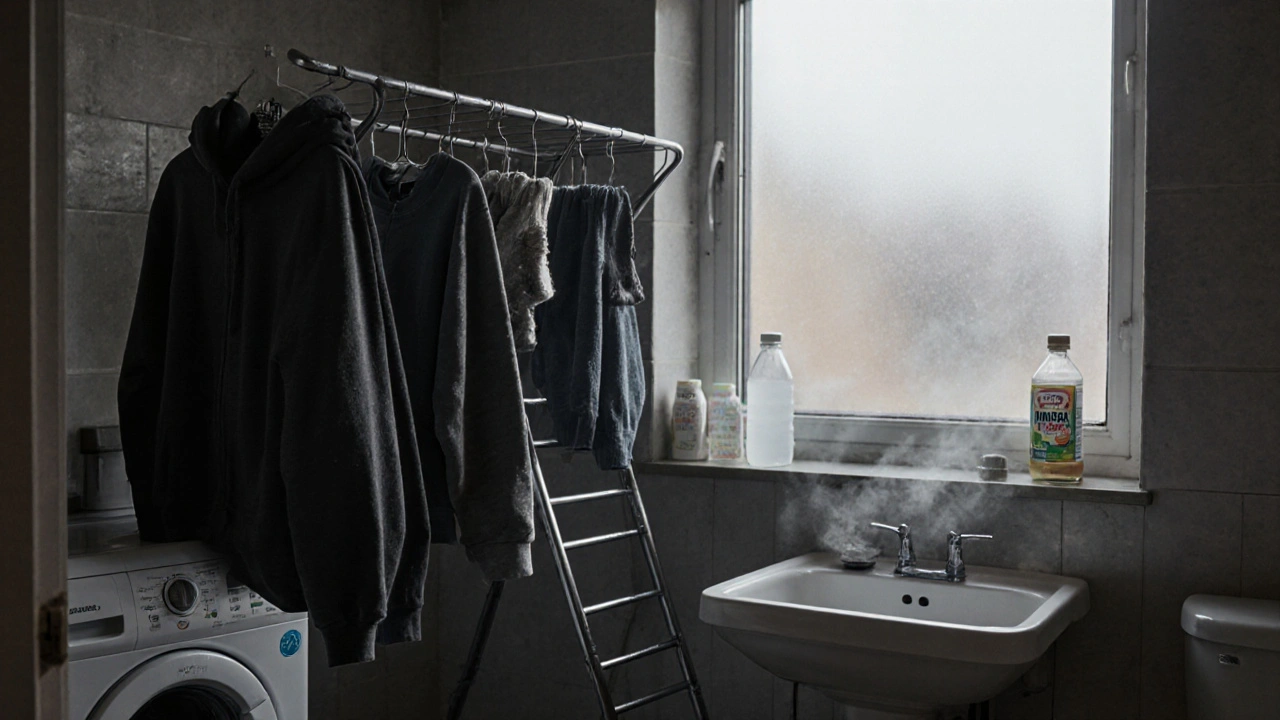Washing Machine Tips for UK Students: Save Money and Avoid Damage
When you’re living in student accommodation, your washing machine, a shared appliance in most UK student flats that needs careful handling to avoid breakdowns and high bills isn’t just a convenience—it’s your lifeline. Most student houses have one machine for six or eight people, and if you don’t know how to use it right, you’ll end up with stained clothes, a broken drum, or a £150 repair bill. The good news? Simple habits can save you cash, time, and frustration. You don’t need to be a laundry expert—just follow the basics that actually work in real student homes.
One of the biggest mistakes students make is overloading the machine. Just because it’s big doesn’t mean it can handle a full backpack of clothes. Overloading strains the motor, leaves clothes dirty, and can trigger error codes that shut it down. Most machines have a max load marked in kilograms—usually 5kg to 7kg for student flats. A good rule? If you can’t easily close the door, it’s too full. Also, never mix heavy items like towels with delicate fabrics. That hoodie and your silk shirt don’t belong in the same cycle. Use cold water for everyday loads—it’s cheaper, gentler on clothes, and just as effective with modern detergents. Hot water is only needed for towels, bed sheets, or if someone’s sick. And please, skip the fabric softener unless you want your towels to stop absorbing water. Many student flats have high water pressure and short cycles, so using too much detergent leaves residue that builds up over time and smells funky. One capful is enough. If your machine has a ‘eco’ or ‘30-degree’ setting, use it. It cuts energy use by up to 40% and your bill reflects that.
Another hidden issue? Leaving wet clothes in the machine. If you forget to take them out after the cycle ends, mildew grows fast—especially in damp UK flats. That smell? It’s not your clothes. It’s the drum. Wipe the rubber seal after every use and leave the door slightly open to air it out. If your machine has a filter, clean it every month. It’s usually behind a small door at the bottom front. You’ll find hair, coins, and lint. A clogged filter means poor drainage and longer cycles. And if you’re sharing with others, leave a note if you’ve used the machine. No one likes coming home to find their clean clothes still spinning at midnight.
Some student flats have coin-operated machines. Those can cost £1.50 to £2.50 per wash. To save, wait until you have a full load. If you’re alone and only have a few items, handwash them. A sink and a bit of soap works fine for socks and underwear. If you’re on a tight budget, buy bulk detergent from discount stores—Aldi and Lidl brands are just as good as the big names. And if your machine breaks? Report it immediately to your landlord. Under UK tenancy law, they’re responsible for repairs unless you damaged it on purpose. Don’t wait until your laundry piles up.
Below, you’ll find real advice from students who’ve been there—how to handle shared machines, what to do when the spin cycle fails, how to avoid shrinking your favourite hoodie, and why your socks always disappear. These aren’t theoretical tips. They’re the kind of stuff you learn the hard way… until now.
Published on Oct 23
0 Comments
Learn the essential laundry skills every UK student needs: washing, drying, and ironing clothes without shrinking, staining, or smelling bad. Simple tips for saving time and money.
